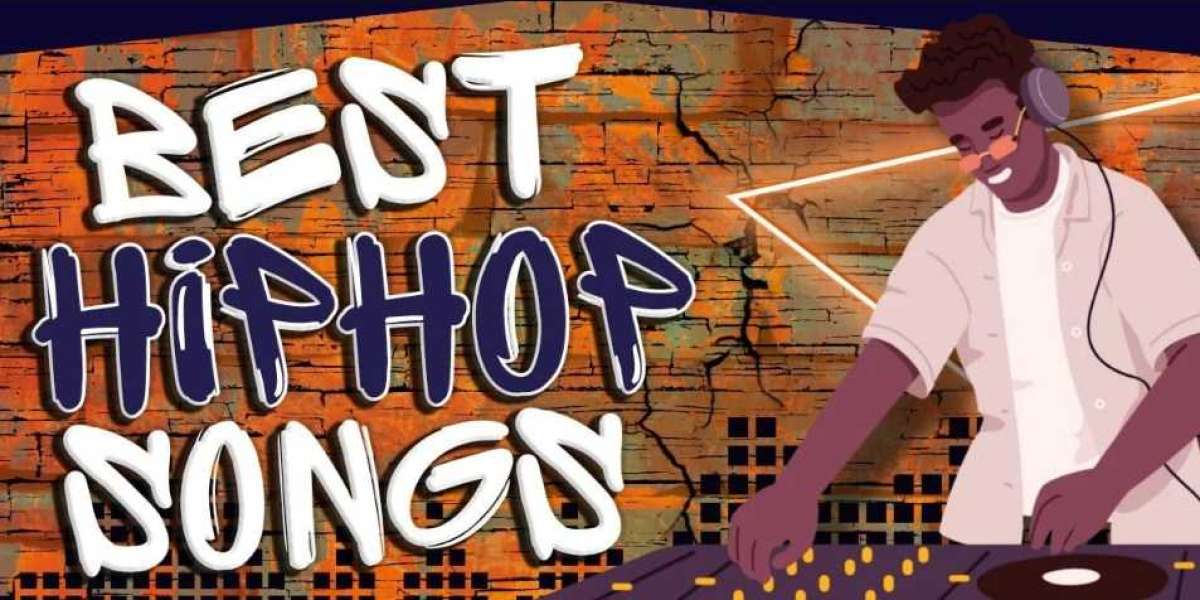Hip hop songs have undergone significant changes over the years, with the genre evolving from its early days as a form of expression for urban youth to a global phenomenon that has become a staple of mainstream music. One of the most significant shifts in hip hop has been the emergence of conscious hip hop, a sub-genre that prioritizes social and political awareness over materialism and violence. This article will explore the evolution of conscious hip hop from its inception in the late 1980s to the present day, highlighting some of the most influential artists who have contributed to its growth and development.
Conscious hip hop, also known as political or socially conscious rap, is a sub-genre of hip hop that places a strong emphasis on social and political issues. Unlike mainstream hip hop, which often focuses on materialism and violence, conscious hip hop seeks to raise awareness about topics such as poverty, racism, police brutality, and systemic oppression.
The Birth of Conscious Hip Hop
Conscious hip hop emerged in the late 1980s, as artists began to use their music as a platform to speak out about social issues. One of the earliest examples of conscious hip hop was Grandmaster Flash and The Furious Five's "The Message," released in 1982, which addressed the realities of life in the inner city. However, it was Public Enemy's 1988 album, "It Takes a Nation of Millions to Hold Us Back," that had the most significant impact on the development of conscious hip hop. The album's politically charged lyrics and innovative production techniques influenced a generation of artists and set the stage for the growth of conscious hip hop in the 1990s.
Conscious Hip Hop in the 1990s
In the 1990s, conscious hip hop continued to gain traction, with artists such as KRS-One, De La Soul, and A Tribe Called Quest leading the charge. These artists were known for their socially conscious lyrics and their willingness to address topics that were often considered taboo in mainstream hip hop. Conscious hip hop also began to diversify, with female artists such as Queen Latifah and MC Lyte becoming prominent voices in the genre.
Conscious Hip Hop in the 2000s
The 2000s saw a new wave of socially conscious hip hop artists emerge, with acts such as Mos Def, Talib Kweli, and Common taking the genre to new heights. One of the factors driving the growth of conscious hip hop in the 2000s was the rise of digital technology, which made it easier for independent artists to distribute their music and reach a wider audience. Independent record labels such as Rhymesayers and Stones Throw played a crucial role in the growth of conscious hip hop, providing a platform for emerging artists to showcase their music.
Kendrick Lamar and the New Wave of Conscious Hip Hop
In the 2010s, conscious hip hop entered a new era with the rise of Kendrick Lamar. Lamar's critically acclaimed albums, such as "good kid, m.A.A.d city" and "To Pimp a Butterfly," tackled issues such as racism, police brutality, and mental health, cementing his status as one of the most important voices in contemporary music. Other artists, such as Chance the Rapper, J. Cole, and Joey Bada$$, also gained prominence in the 2010s for their socially conscious lyrics and commitment to activism.
The growth of social movements such as Black Lives Matter and #MeToo also had a significant impact on the evolution of conscious hip hop in the 2010s. Many artists used their music as a platform to address issues such as racial inequality and gender-based violence, with songs such as Lamar's "Alright" and Janelle Monáe's "Django Jane" becoming anthems for social justice.
The Future of Conscious Hip Hop
The future of conscious hip hop looks bright, with many artists continuing to push the genre forward. However, there are also challenges facing conscious hip hop artists today, such as the commercialization of the genre and the pressure to conform to mainstream trends. Nevertheless, the significance of conscious hip hop in contemporary music cannot be overstated, as it provides a voice for marginalized communities and challenges dominant power structures.
Conclusion
Conscious hip hop has come a long way since its inception in the late 1980s. From Public Enemy to Kendrick Lamar, conscious hip hop has evolved into a powerful force for social change and political activism. As listeners, it is our responsibility to support conscious hip hop artists and amplify their messages, ensuring that their voices are heard loud and clear. In a world where inequality and injustice are still rampant, conscious hip hop is more important than ever.
FAQs
- What is conscious hip hop?
- Conscious hip hop is a sub-genre of hip hop that prioritizes social and political awareness over materialism and violence.
- Who are some of the most influential conscious hip hop artists?
- Some of the most influential conscious hip hop artists include Public Enemy, KRS-One, Kendrick Lamar, and J. Cole.
- What are some of the topics addressed in conscious hip hop?
- Conscious hip hop addresses a wide range of social and political issues, including poverty, racism, police brutality, and systemic oppression.
- What is the future of conscious hip hop?
- The future of conscious hip hop looks bright, with many artists continuing to push the genre forward. However, there are also challenges facing conscious hip hop artists today, such as the commercialization of the genre and the pressure to conform to mainstream trends.
- Why is conscious hip hop important?
- Conscious hip hop is important because it provides a voice for marginalized communities and challenges dominant power structures. It also encourages listeners to think critically about social and political issues and take action to create positive change.



